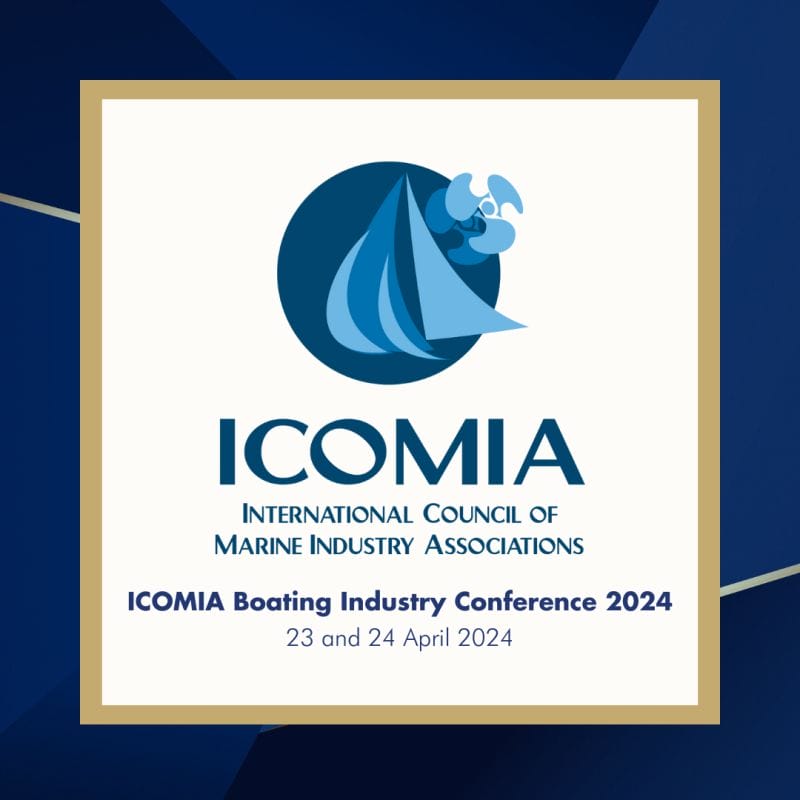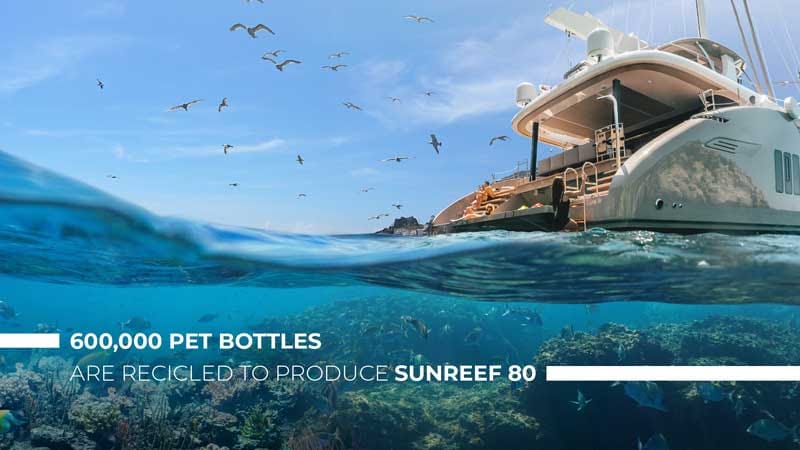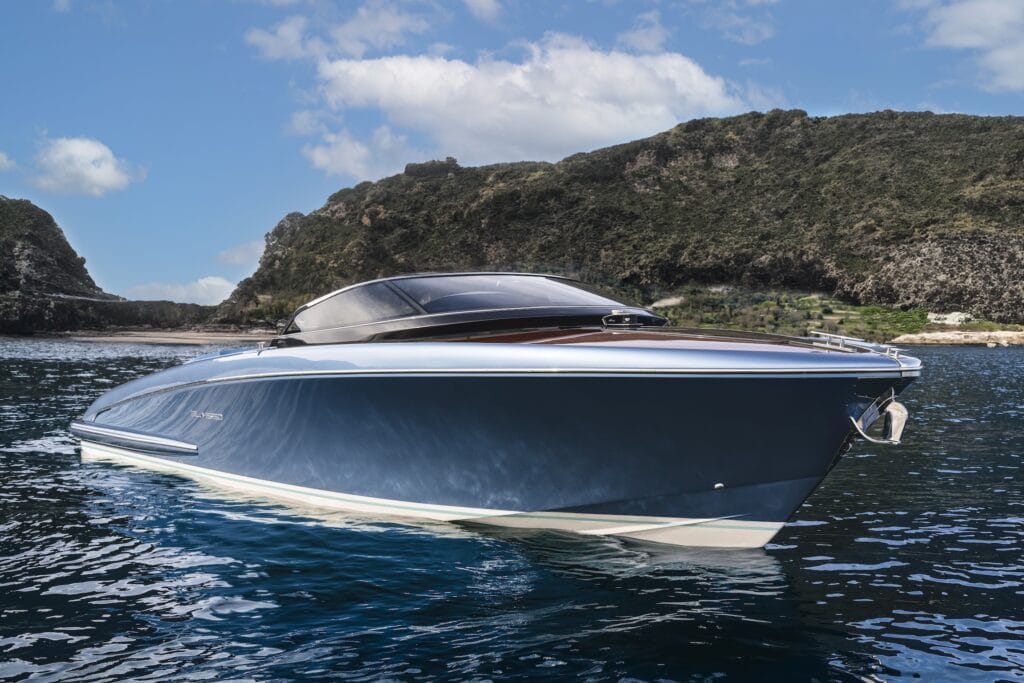There is room in the global market for an official ‘Made-in-UAE’ trademark, one that would play an instrumental role in the growth of the country’s manufacturing sector, according to Erwin Bamps, CEO of Emirates-based yacht and boat builder, Gulf Craft.
A government regulated national label would not only lend credibility to the country’s producers through the strict application of manufacturing standards, but also promote synergy between all industry stakeholders, says Bamps. His comments follow the recent launch of the AED 165 billion Dubai Industrial Strategy, which aims to elevate Dubai into a global platform for knowledge-based, sustainable and innovation-focused businesses.
“The UAE has significant potential to be a global production hub, but in order to do so, important steps need to be taken to gradually move the country from a consumer base to a producer market,” Bamps said. “The creation of an official ‘Made-in-UAE’ trademark is central to this effort. It goes back to the philosophy that the sum is larger than its parts, allowing for the regulation of quality across industries, and creating a national brand that will be seen and recognized globally.”
The call for a UAE label comes as the government intensifies efforts to diversify the economy away from oil through various initiatives. This includes increasing the manufacturing sector’s contribution to national GDP from 11 percent in 2015 to 20 percent by 2020, and 25 percent by 2025.
“The manufacturing sector forms the pillar and backbone of an economy,” says Bamps. “Unlike other sectors, such as real estate or retail, which are largely cyclical, industry offers stability.”
However, industry clusters,which comprise of networks of businesses that provide a wide variety of supplies and services necessary for the manufacturing and servicing of a particular product, are essential to supporting a thriving industrial sector, adds Bamps. This is of particular need in the maritime industry, which currently largely depends on imported supplies.
“As the producer of a highly complex, design-to-build product, we can see the enormous subcontracting potential that such a model would present,” says Bamps. “This could have waves of positive influence on the economy, as private businesses look to set up shop in the UAE to serve the needs of large-scale manufacturers.”
Bamps cites Gulf Craft as an example of how homegrown businesses can lead the move from customer to producer. Chairman of the globally recognized yacht and boat manufacturer, Mohammed Hussein Al Shaali, recognized strong local and regional demand for premium leisure craft, established the company to serve that local niche, and then expanded as an exporter.
Today, Gulf Craft is one of the world’s top 10 super yacht shipyards, producing all aspects of its creations in-house, and serving a growing global market that stretches from Europe and the Middle East, to South East Asia and Australia. The builder was recently recognized at the World Super yacht Awards for its ability to deliver both quality and value to its customers, through one of its super yachts, the Majesty 122.
“Starting the business was a considerable risk, but we have demonstrated that both the local and the international market will support a made-in-the UAE product,” said Mohammed Hussein Al Shaali, Chairman of Gulf Craft. “Whether catering to the end customer, as with Gulf Craft, or as part of a supply chain within the manufacturing process, there are places where entrepreneurs can be a driving force in innovation and diversification in the economy.”
Although oil output contributes only 2 per cent to Dubai’s GDP as a result of the emirate’s continuous diversification efforts, the development of manufacturing in the UAE has largely been driven by capital-intensive heavy industry, particularly in oil- or energy-dependent sectors, such as plastics or aluminum production. According to the Economic Report of the Emirate of Abu Dhabi 2014, petrochemicals and plastics accounted for about half the emirate’s manufacturing production, and 73 percent of its fixed capital formation, while basic metal industries – iron and aluminum – accounted for 11 percent.
While generating significant export revenue, and adding to the value derived from petroleum resources, the International Monetary Fund (IMF) discussion paper, ‘Economic Diversification in the GCC: Past, Present and Future’, highlightedthat these industries have little connection with other sectors of the economy. The report notes that more complex value-added products that form part of a healthy manufacturing ecosystem are still generally imported.
“This is changing, and governments are taking a strong lead in diversifying the manufacturing sector,” said Bamps. “Government investment will accelerate the creation of a sophisticated manufacturing ecosystem, but we need private investors to make that a lasting success. By creating a credible brand for UAE-made products, we can garner their attention and support.”



